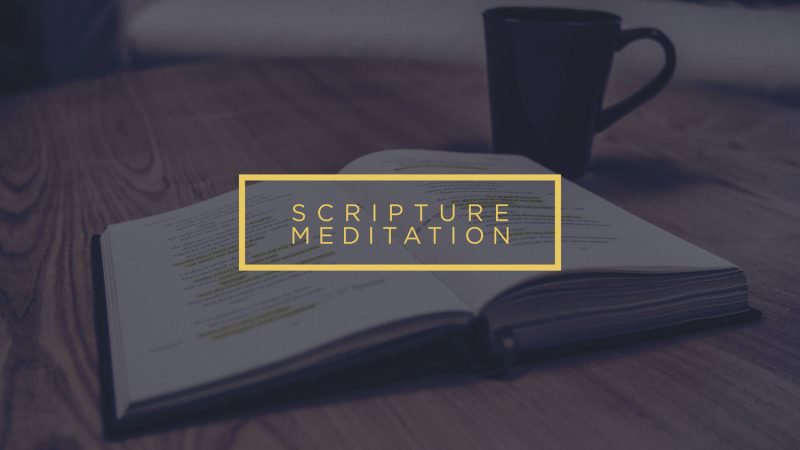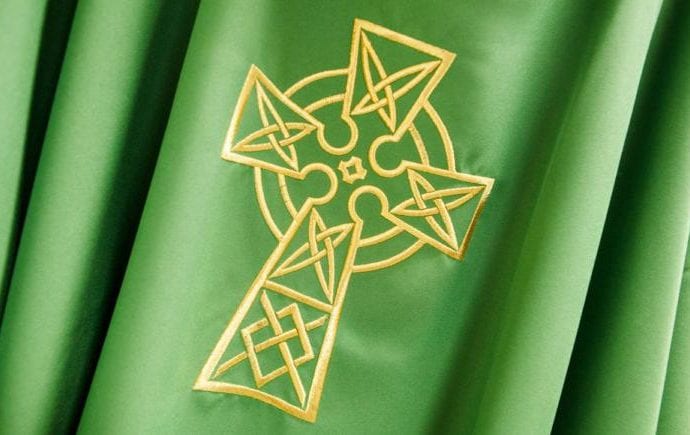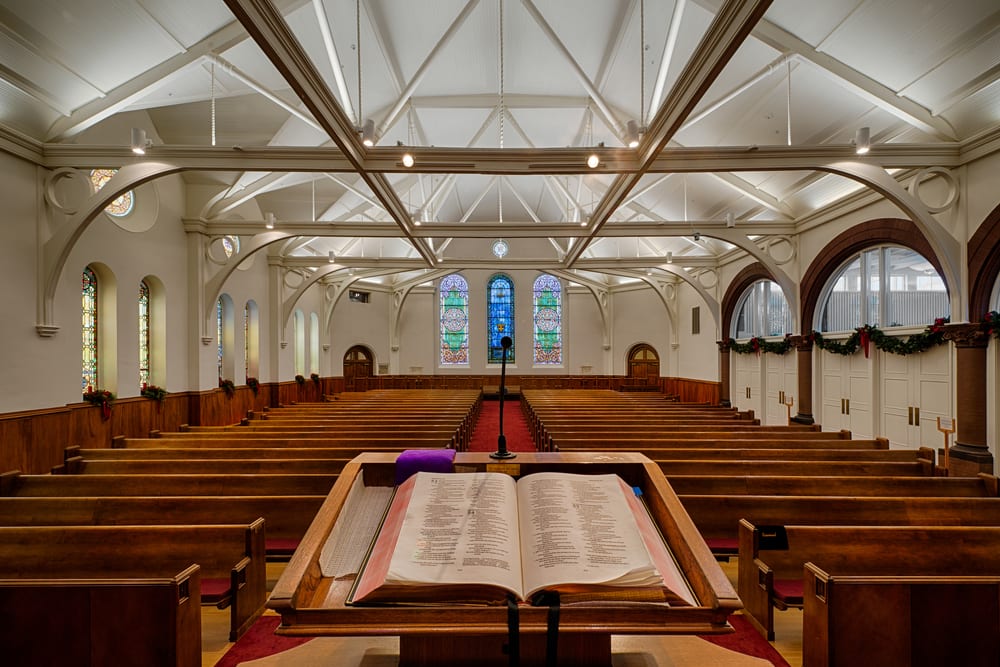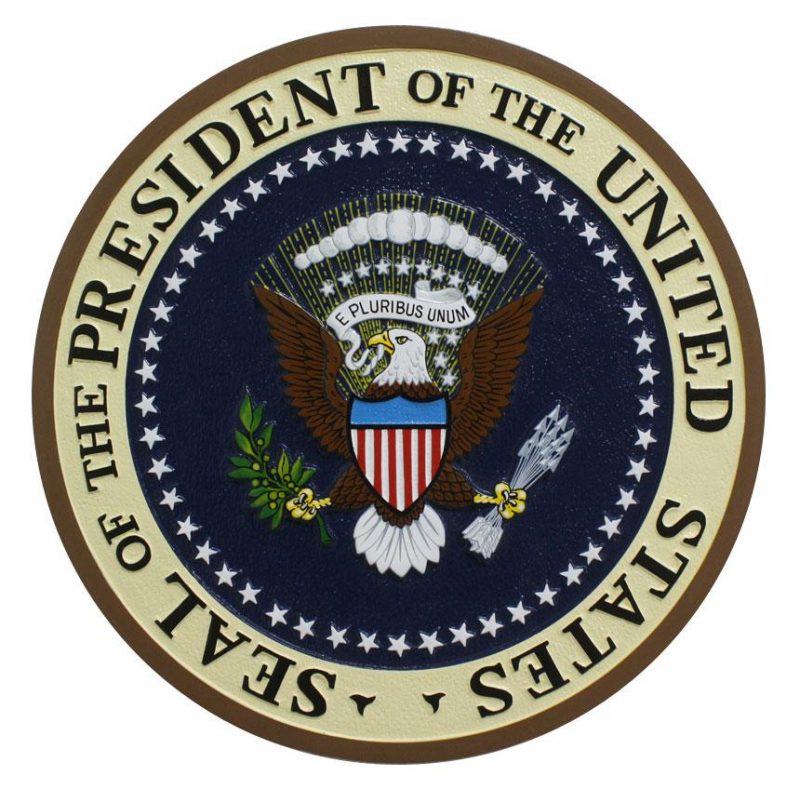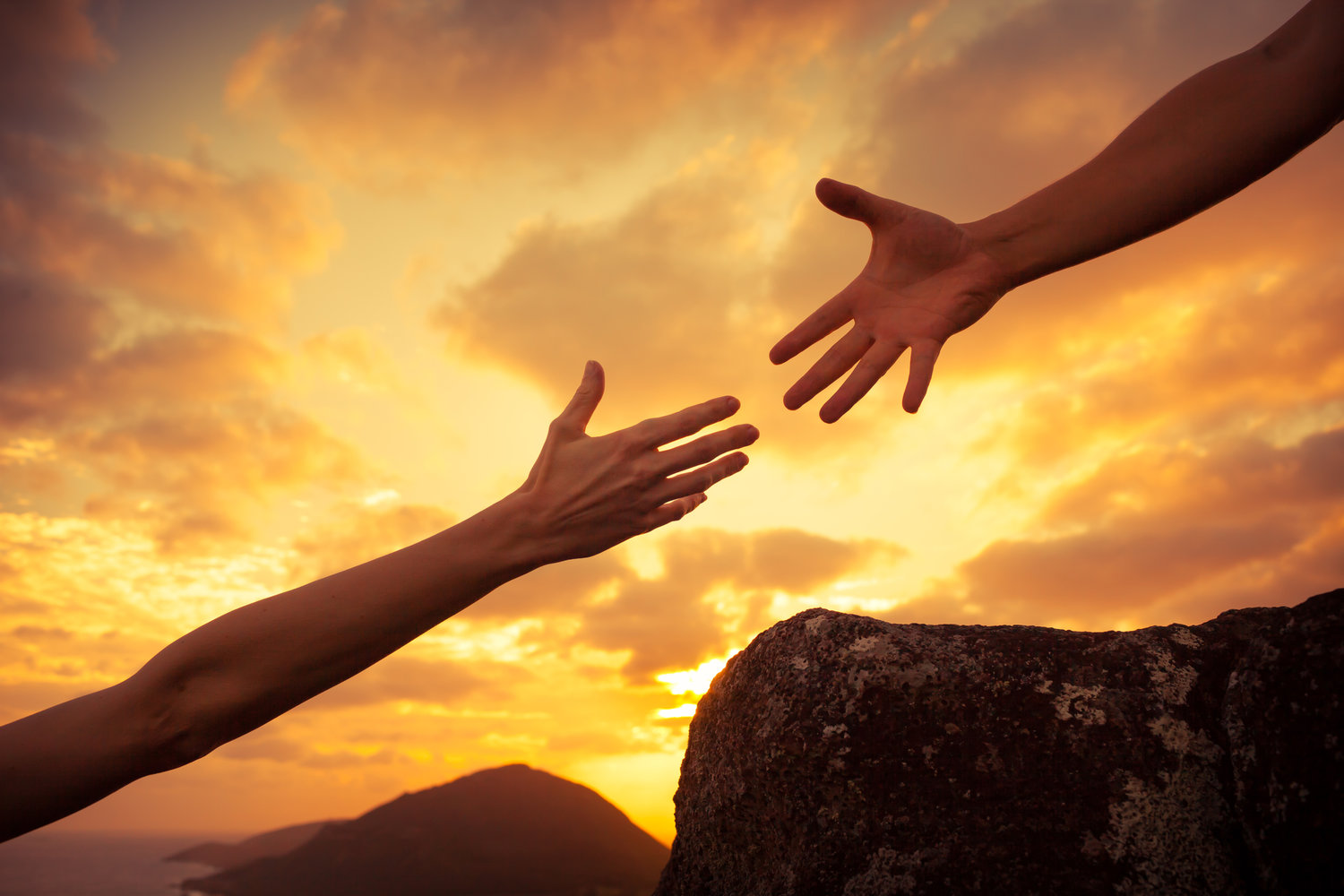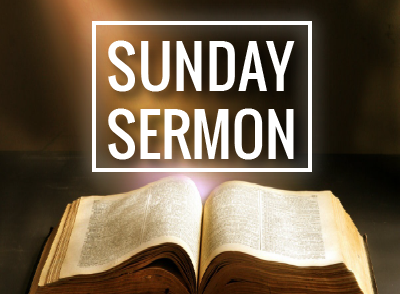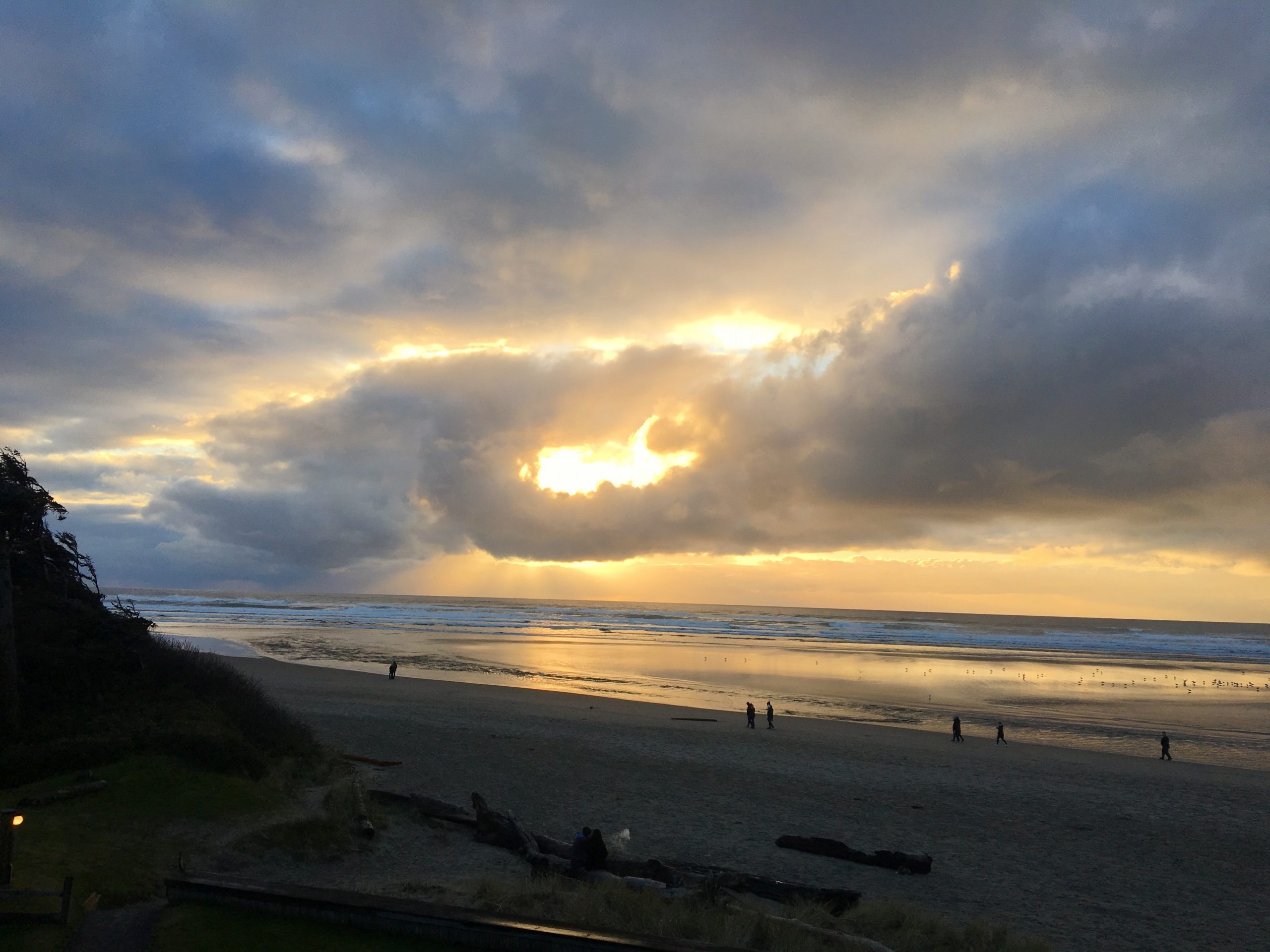Mark 1:4-11
I am having a hard time trying to make sense of what has happened these last few days. I have written and rewritten these words in my mind and on paper many times, and still, it is hard to make sense of it all.
There have been several times in my years in ministry when I have had to stand in similar places and try to help people make sense of something that I cannot make sense of. Whether we like it or not, clergy are community leaders, and people look to us for answers, but I just do not have any.
I am grateful for one thing that there have been four days between the events of January 6th and today. I am not sure I could trust myself to speak on January 6th.
Like you, I watched in horror as armed thugs, intending to overthrow the government of the United States, stormed the Capitol building on Wednesday. I watched as terrorists, and let’s be clear, that is precisely what they are, terrorists lowered an American flag and raised the flag of their leader. If you doubt me, google it; there is plenty of evidence.
I watched in horror as a Capitol police officer, running for his life as the mob closed in around him, the same mob that chants that blue lives matter. I was also saddened to learn of the murder of another officer at the hands of these terrorists.
Ephesians 4:15 says, “Instead, speaking the truth in love, we will grow to become in every respect the mature body of him who is the head, that is, Christ.”
So, let’s preach some truth.
Democracy is ugly, and there are winners, and there are losers; that is how it works. For the last 245 years and with the 44 men before him, the power has peacefully transferred from one President to the next, not always to the same party and usually after a bitter fight, but power transfers without incident.
In November, we held a Presidential election. All 50 states certified the results, most of them controlled by Republican governors. The Governors and Secretaries of State of those states, again most of them Republican, signed their names to documents attesting that the election results were valid.
Sixty plus lawsuits, which is the right of both sides, were filed and all but one defeated, claiming election fraud on a monumental scale. The Supreme Court was asked on three separate occasions to rule, and they refused, sighting a lack of evidence. The Justice Department, all appointed by the sitting President, ruled that there was no evidence of voter fraud on a massive scale, enough to overturn the results.
The winner of the election won the popular vote by over 7 million votes, the largest number in modern presidential history, and by 74 electoral college votes.
The electors of the several states gathered to perform their constitutional duty and cast their votes. Those votes were sealed and delivered to the Congress of the United States of America as directed by the Constitution. By all accounts, the election should have been finished, but, as we know, even with all of this evidence, some were not happy.
Some called election officials and tried to get them to reverse the decision and send in “corrected” versions of the count. “All I need is 11,000 more votes.” Some tried, as is their right to fight the results on the floor of Congress. And then the unthinkable happened; the rhetoric turned to violence.
I want to be very clear here, what happened on Wednesday was not only an attempted coup, but it was an attempt to take by force what could not have been achieved at the ballot box, and the effort to say the election as rigged is just plain nonsense.
One of the most bitter Presidential elections was between Adams and Jefferson in 1800. The election was decided in the House of Representatives after, I believe, 37 ballots. And even after all of that, no one stormed the Capitol seeking retribution.
In the 2000 Presidential election between George Bush and Al Gore, no one tried to take by force that was not done at the ballot box. It was nasty, but, in the end, power transferred without incident.
But through all of that, and this might sound trite in the face of the murder of a federal police officer, there were two disturbing things that I witnessed, the flag of the Confederacy in the Capitol building and the weaving of the message of the Gospel with insurrection.
But this is not just one-sided, for we all have a part to play in this. Many, many people sat by and watched and said nothing. Many, many people, even after repeated warnings about how bad this was going to get, chose to see and hear what they wanted and felt if it does not affect me, so be it. Many thought that he said it like it is; well, we see where that has gotten us.
The Gospel of Jesus Christ is a Gospel of Revolution, but it is a revolution of Peace. A few shorts weeks ago, we celebrated the birth of the King of kings and the Prince of Peace. How can the Gospel that requires us to love everyone lead people to do what was done on Wednesday? I fear that the witness of the Gospel of Jesus Christ has been damaged to the point of no return.
Since the mid 80’s we have seen religion and partisan politics becoming very close, so much so that to be an Evangelical Christian means you have to be a member of the Republican Party. We have seen the ugly side of why religion and partisan politics should never become one. The founders of this nation felt so strong about this they enshrined it in our founding documents.
However, there is a role for religion in politics, and I distinguish between partisan or one-sided politics and politics. The definition of politics is “what is best for the people,” all the people. Religion, all religions can and should be the nation’s moral compass and fight for what is right for all its citizens. To be the voice for those on the margin, the hungry, the homeless, the immigrant, etc.
Many people do not like to hear this, but Jesus was very political; in fact, Jesus was killed for political purposes. He made the religious and political leaders of his day very nervous with his revolutionary ideas about love.
I have had several conversations with people who talk about forgiveness and turning of cheeks, and yes, we are called and even commanded to do just that, but all of that comes with confession, repentance, and penance. Along with love, we are called to bring justice into the world. Forgiveness, like love, is a central part of my ministry and my preaching. Forgiveness is essential, but forgiveness comes with specific responsibilities.
We need healing in the country, more so now than ever before, but healing can only begin once justice has been accomplished. Those who stormed the Capitol, those who spread their feces and urinated in hallways, those who smashed windows and ransacked offices, and those who murdered a federal police office all need to be held accountable. Yes, those who instigated it also need to be held responsible.
There is grace in accountability. There is grace in confession. There is grace in repentance. There is grace in penance. And there is grace in unity. But if we do not have accountability, confession, repentance, and penance, what do we have? Cheap grace.
The great activist and German Theologian Dietrich Bonhoeffer, who was murdered attempting to do something about Hitler, had this to say about Cheap Grace: Cheap grace is the preaching of forgiveness without repentance, baptism without church discipline, communion without confession, absolution without personal confession. Cheap grace is grace without discipleship, grace without the cross, grace without Jesus Christ living, and incarnate.”
On many occasions, I have said that words have power, and we saw, on live television, just how powerful words can be.
In a few moments, we will renew the promises we either made or were made for us the day of our baptism. We will virtually and symbolically wash away the old and welcome the new. Let us resolve that with this action; we will wash off the stink of the last few days and come together to chart a path that builds bridges rather than walls, that radically includes rather than excludes. That brings us together to march and rally against poverty, lack of affordable health care, lack of affordable education, and all the rest. While others bloviate about not being able to Tweet, thousands are dying each and every day from a horrible pandemic. Three thousand eight hundred ninety-five people died just yesterday.
Friends, the election is over, and a winner has been declared. An attempted coup has been defeated, and the work of the United States needs to continue. Justice needs to take place, and those responsible need to be held to account.
The work of Christmas is about radical transformation. The work of Christmas is about radical love. But none of this is possible if we do not let the work of Christmas begin within ourselves and in our own lives. Let the work of Christmas, the hard work of Christmas, start at this moment and in this place. And then, it can begin to flow from us to others.
Amen.

